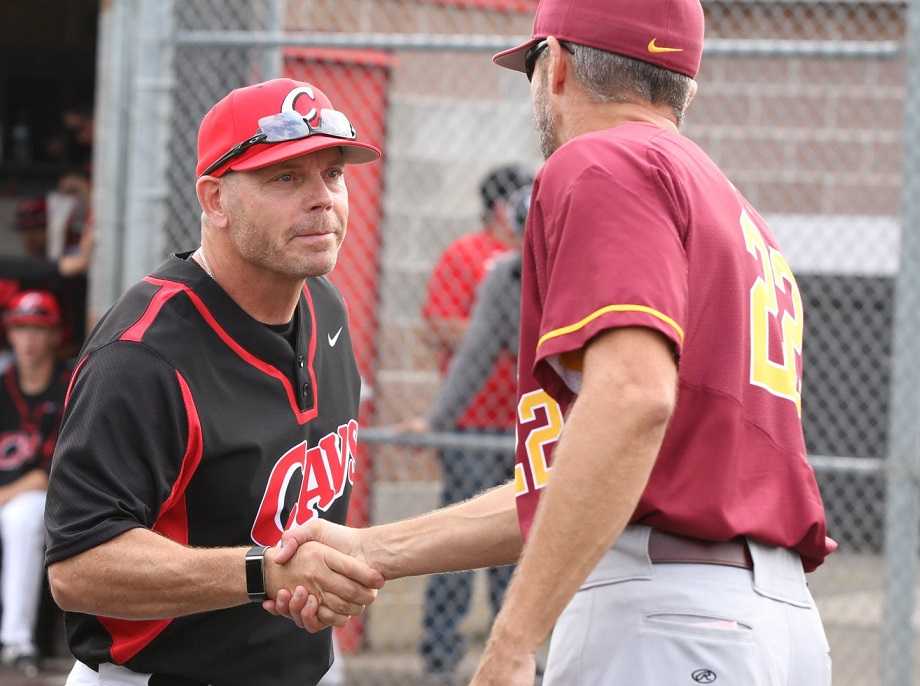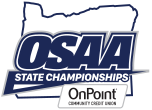
In its 12 seasons, the Oregon Independent Baseball Association has been a qualified success.
Yes, it has given high school coaches in the Portland area a place to groom their own programs in the summer without combining with other schools, breaking from a common practice in American Legion, the prevailing format in the rest of the state.
But with the proliferation of travel clubs chipping away at the high school programs -- who also face challenges in fielding players due to increased specialization and declining participation – the level of play has suffered.
As the OIBA gathers for its season-ending tournament Thursday through Saturday at Tualatin High School, coaches are seeking solutions.
“We have our kids, but I think the quality has gone down quite a bit,” Clackamas coach John Arntson said. “The schools aren’t as committed. I think this year was probably as bad as any. There were a lot of people just not staying committed to their schedule, bailing out, dropping out of tournaments.
“I think OIBA is a little bit watered down now. We’ve got to get together and kind of re-examine it. I think we need to tweak some things.”
It’s a complicated issue. Tualatin coach Jake Austin said that the dynamic of summer baseball has changed dramatically since OIBA started in 2008.
“Club baseball and specialization have increased probably 100 percent since Day 1 of OIBA,” Austin said. “When we first started OIBA, there were only a few select teams, travel teams, and now there’s probably a dozen in the metro area. I think it has caused all of summer baseball to get watered down a little bit. The talent has just spread out.”
A majority of the bigger schools in the Portland area are represented in OIBA. For competitive balance, they were split into the National and American leagues in 2016.
The 16-team National is composed of the more competitive 6A programs and the 14-team American is made up of 6A and 5A programs. The OIBA also has a Futures League for JV-level competition.
The National and American leagues each have three divisions. Teams play each team in their division once and are free to fill out their schedule – usually 25 to 30 games – however they wish.
Under the format, though, the games seem to lack significance.
“There’s really no feel like, ‘This is a league game, this is important,’” Arntson said. “I don’t know if the kids even know it’s a league game.”
How can OIBA address the issue? One possibility is going to a more tournament-based schedule, which would require fewer playing dates and add value to games.
“That’s just kind of the kids we’re getting now. Most of our youth programs are built around tournaments,” Austin said. “The mid-week games, the league games, just don’t create the same excitement that they used to. And I feel like we don’t get the same effort out of them that we do in the tournaments.”
Tournaments could help shorten the season, too, which seems to drag on too long for some programs, especially ones that have difficulty filling out lineups.
“I’ll be honest, I’m ready to be done right now,” Arntson said. “I would’ve liked to have had our state tournament last weekend. Once we play 20 games, I feel like we’re good. It’s tough. You play your high school season – 25 to 30 games – and you get maybe a week off, and you jump right into summer ball.
“It’s long for the kids. I can sense it with my kids. They’re done. They’re worn out. I would like to see us shorten the season. And those kids that are gung-ho baseball guys, maybe they can jump into some club teams the last part of July and into August.”
OIBA coaches could return to American Legion, which not only has multiple-school teams but includes recently graduated players. Beaverton, Southridge and Sunset opted to combine to form a Legion team this summer. Other Portland-area programs, such as Lakeridge and West Linn, also have their own Legion teams.
“Legion is definitely coming back,” Austin said. “There’s definitely more competition there. The hard part is you only have so many roster spots. We battle with, ‘Does it make sense for us to combine with another school, or do we just give more opportunities to our kids?’ We might not play as competitive a schedule as we can, but at the same time, our kids are getting a lot of reps.”
One OIBA program -- Mt. Hood Select, coached by Centennial’s Eric Fogle -- has taken a step toward the Legion model by combining players from several schools in east Multnomah County.
“I think that’s the direction we need to go with a lot of those programs is combining schools,” Austin said. “The more competitive we can make it, the better our players are going to be.”
Arntson is hopeful that OIBA can find a way to solve its problems and stay together.
“Unless we come up with a better plan, I think we have to do it,” Arntson said. “I do think it’s a good thing.”
Said Austin: “We’re all thinking we’ve got to do something different, it’s just that nobody has an answer. It’s hard to get everybody on the same page.”












